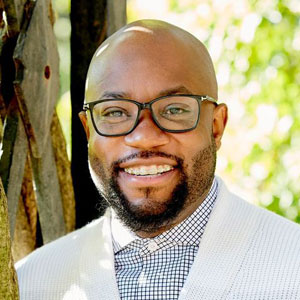At the recently concluded Lott Carey annual Spring Missions Conference, Rev. Dr. Willie D. Francois III, the newly appointed senior pastor of the host church, Fountain Baptist Church in Summit, NJ, addressed the critical role of public theology in safeguarding democracy and championing the cause of Black lives.
Dr. Francois underscored the unprecedented global scale of this year’s elections, with more than 60 countries casting their votes. He posited that the health of democracy is directly reflected in the vitality of public participation. Yet, he expressed deep concern for what he termed “democratic grief,” particularly among younger Black Americans – a profound disengagement stemming from disillusionment with a system that has historically failed them.
The church, according to Dr. Francois, has a pivotal role in mending the wounds of democratic grief. He called for a theological lexicon that identifies systemic injustices as sins, thus framing the struggle for racial justice as a moral imperative. He lamented that only two generations of Black Americans have been born with the unobstructed right to vote, a stark reminder of the persistence of anti-blackness.
He urged the church to transcend doctrinal rigidity and embrace theological imagination, drawing from ancestral wisdom and the interconnectedness of humanity. He emphasized the necessity of fostering hope and practicing “public love” – a proactive love that demands justice and combats oppression.
Echoing the teachings of Jesus, Dr. Francois advocated for a love that is inherently political, one that actively seeks to dismantle systems of domination. He challenged the church to align itself with this radical form of love, thereby redefining discipleship in terms of action rather than mere observance.
In a poignant reference to Melissa V. Harris-Perry’s book, Sister Citizen, he drew a parallel between the participants in a post-war experiment – who struggled to stand upright amidst crooked surroundings – and the contemporary challenge faced by the church to stand for justice in a society marred by systemic inequalities.
Dr. Francois’s message was a clarion call for a countercultural revolution, urging the church to lead in painting a new vision for America – one that is rooted in love, justice, and an unwavering commitment to democracy.


Recent Comments